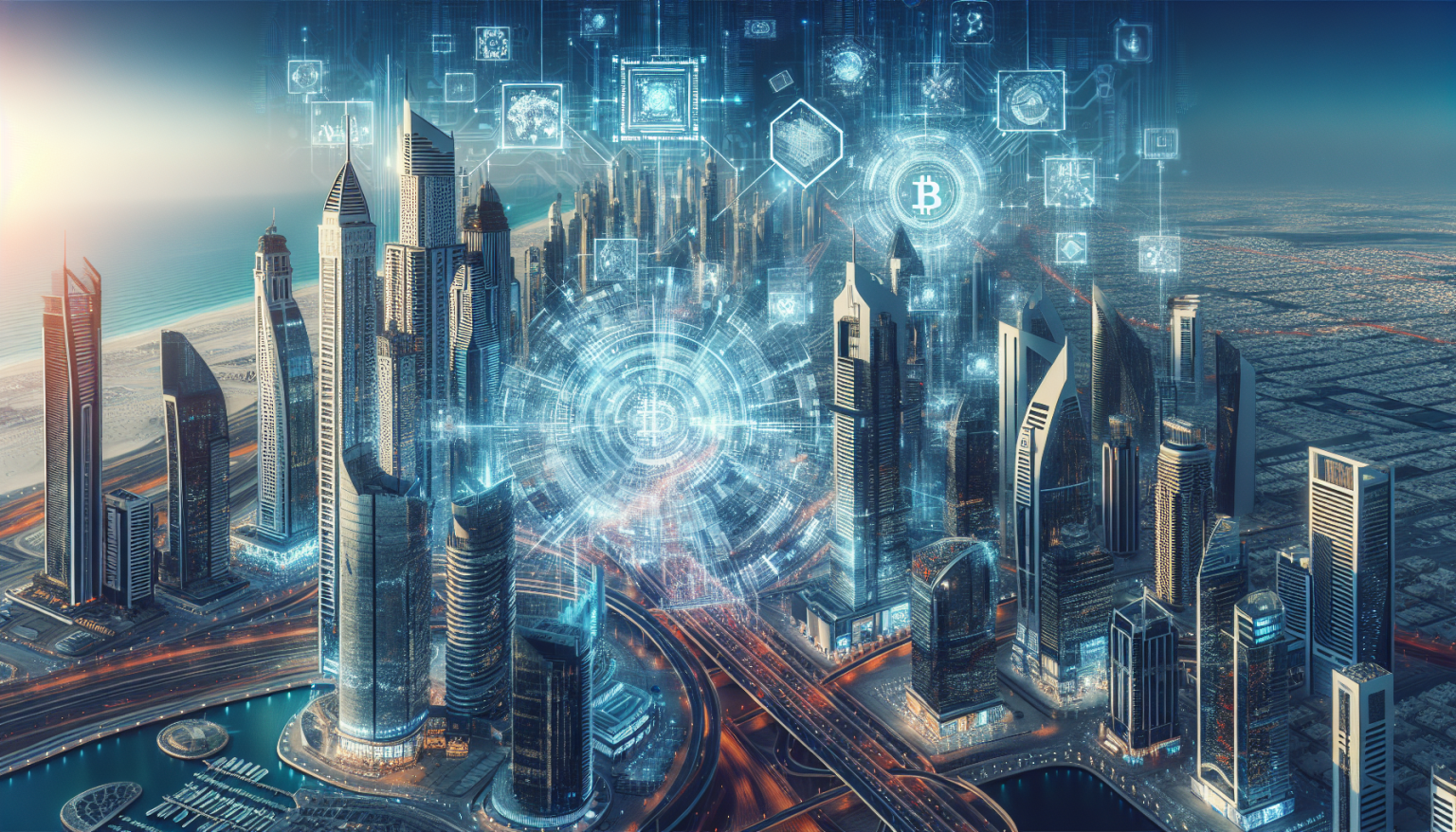Dubai is carving a niche in the burgeoning machine economy with a groundbreaking partnership between the city’s Virtual Assets Regulatory Authority (VARA) and the decentralized physical infrastructure protocol, Peaq. This collaboration aims to establish regulations that will facilitate the integration of robotics, artificial intelligence (AI), and tokenized machines, setting a compliance-oriented framework that supports innovation within Dubai’s expanding digital asset ecosystem.
Peaq has officially signed a Memorandum of Understanding (MoU) with VARA to develop comprehensive regulatory guidelines tailored for the machine economy. This partnership will focus on leveraging decentralized networks that empower robotics and tokenized machines to operate autonomously.
At the heart of Peaq’s platform lies a layer-1 blockchain that allows machines and devices to own assets, share data, and generate income. The partnership is set to craft regulations that ensure these innovative systems function in a compliant, efficient, and transparent manner, paving the way for a new era of technological advancement.
Max Thake, co-founder of Peaq, highlighted the significance of this agreement in nurturing the machine economy while ensuring adherence to legal standards. The collaborative effort will not only provide guidance to projects seeking VARA licenses but will also include joint training sessions aimed at enhancing understanding of the technological and regulatory landscape in this emerging sector.
Introducing the Machine Economy Free Zone
A key component of this partnership is the inception of the Machine Economy Free Zone, launched in July 2025. This innovative zone will serve as a testing ground where robotics and AI can be seamlessly integrated into decentralized networks.
The Free Zone is designed to allow projects to experiment with advanced technologies while ensuring compliance with regulatory standards. This initiative is viewed as a critical step towards unlocking the economic potential of machines and AI on blockchain platforms.
With the goal of establishing a controlled environment, the Free Zone will enable developers and businesses to innovate and deploy new technologies within the machine economy. This initiative encompasses various applications, from autonomous vehicles to robots capable of conducting economic activities, such as generating income through their operations. It also supports participants in testing and scaling their systems while navigating the intricacies of blockchain regulations.
VARA’s Commitment to Digital Asset Regulation
This partnership between VARA and Peaq is part of Dubai’s broader vision to regulate and promote digital assets. VARA has already made significant strides in overseeing the expanding crypto and Web3 sectors, aiming to position Dubai as a global frontrunner in digital asset regulation.
Previously, VARA collaborated with the Dubai Multi Commodities Centre (DMCC) to establish regulatory frameworks for tokenized commodities, reflecting Dubai’s ambitions to become a magnet for global investment in digital assets.
Matthew White, CEO of VARA, expressed that the agency’s mission is to establish Dubai as the global benchmark for the safe and sustainable growth of emerging asset classes, including the machine economy. This aligns with the UAE’s larger goal of becoming a leader in digital asset innovation and regulation, fostering a secure and transparent environment for businesses and investors alike.
Dubai’s Ascendancy in the Digital Asset Ecosystem
Dubai’s proactive approach to digital asset regulation has solidified its status as a pivotal hub in the global crypto industry. Since the establishment of VARA in 2022, the city has emerged as one of the most attractive locales for crypto businesses. Recent regulatory updates have clarified guidelines surrounding the issuance and trading of tokenized real-world assets.
Moreover, VARA’s recent agreements with the UAE’s Securities and Commodities Authority (SCA) are aimed at harmonizing regulations across the nation, enhancing Dubai’s licensing process to be more streamlined and comprehensive.
This favorable regulatory environment has made Dubai an appealing destination for high-net-worth investors, leading to a noticeable increase in the number of millionaires relocating to the city, with expectations of further growth in the coming years. As such, Dubai is positioned as a central player in the global digital asset ecosystem, with promising prospects for continued growth and innovation in both the crypto and machine economy sectors.

